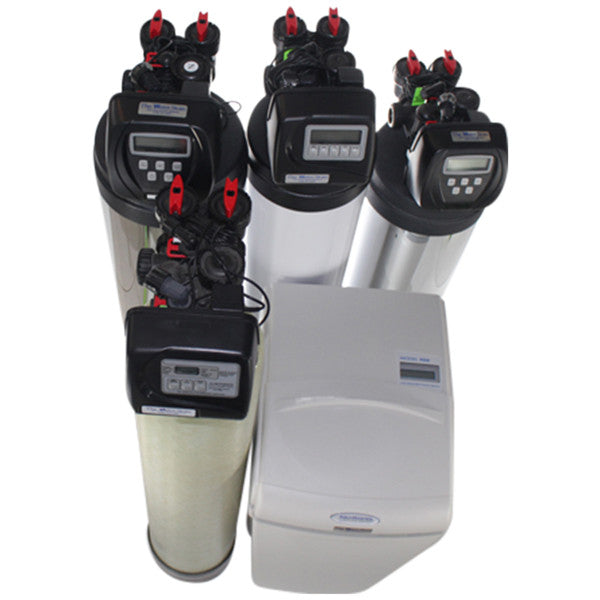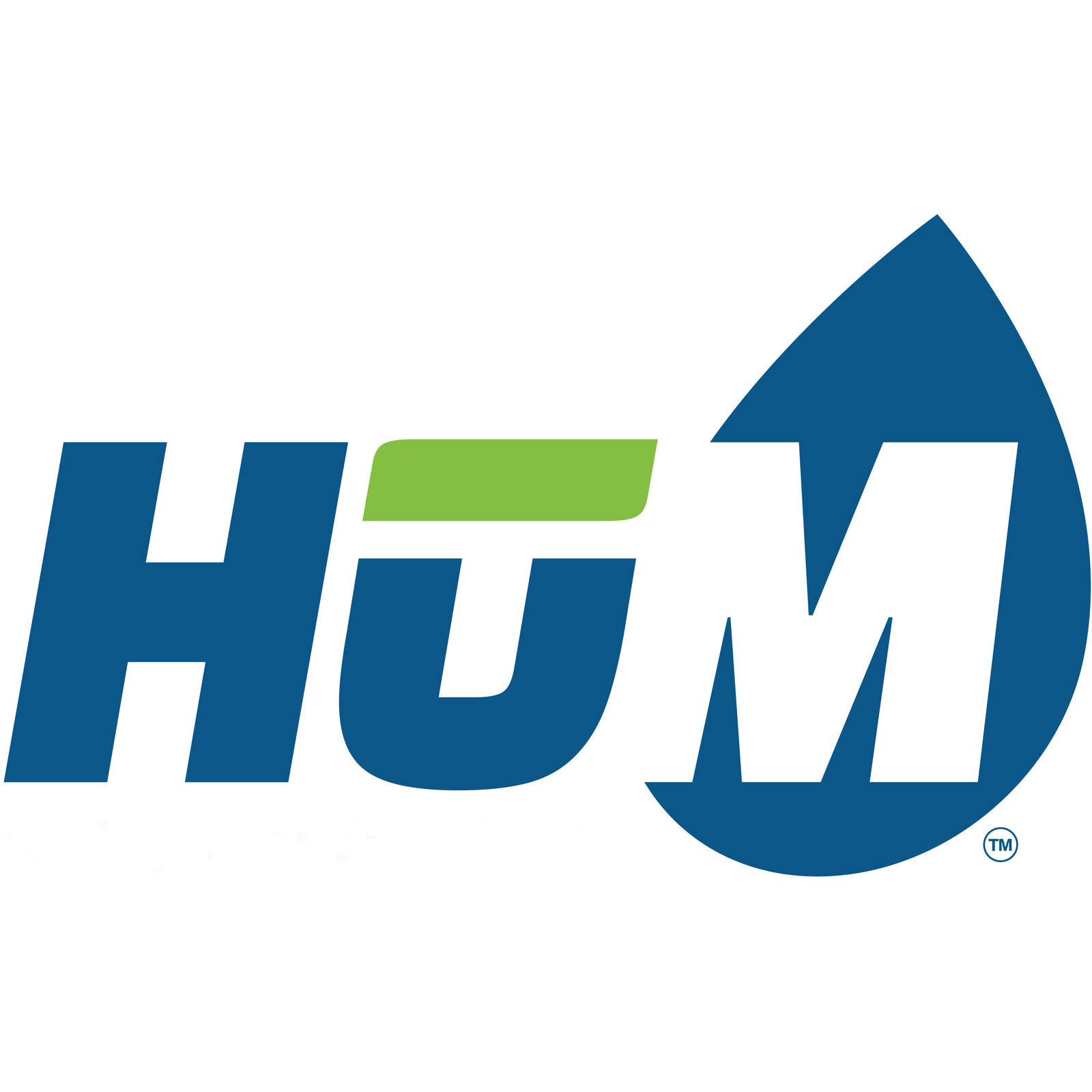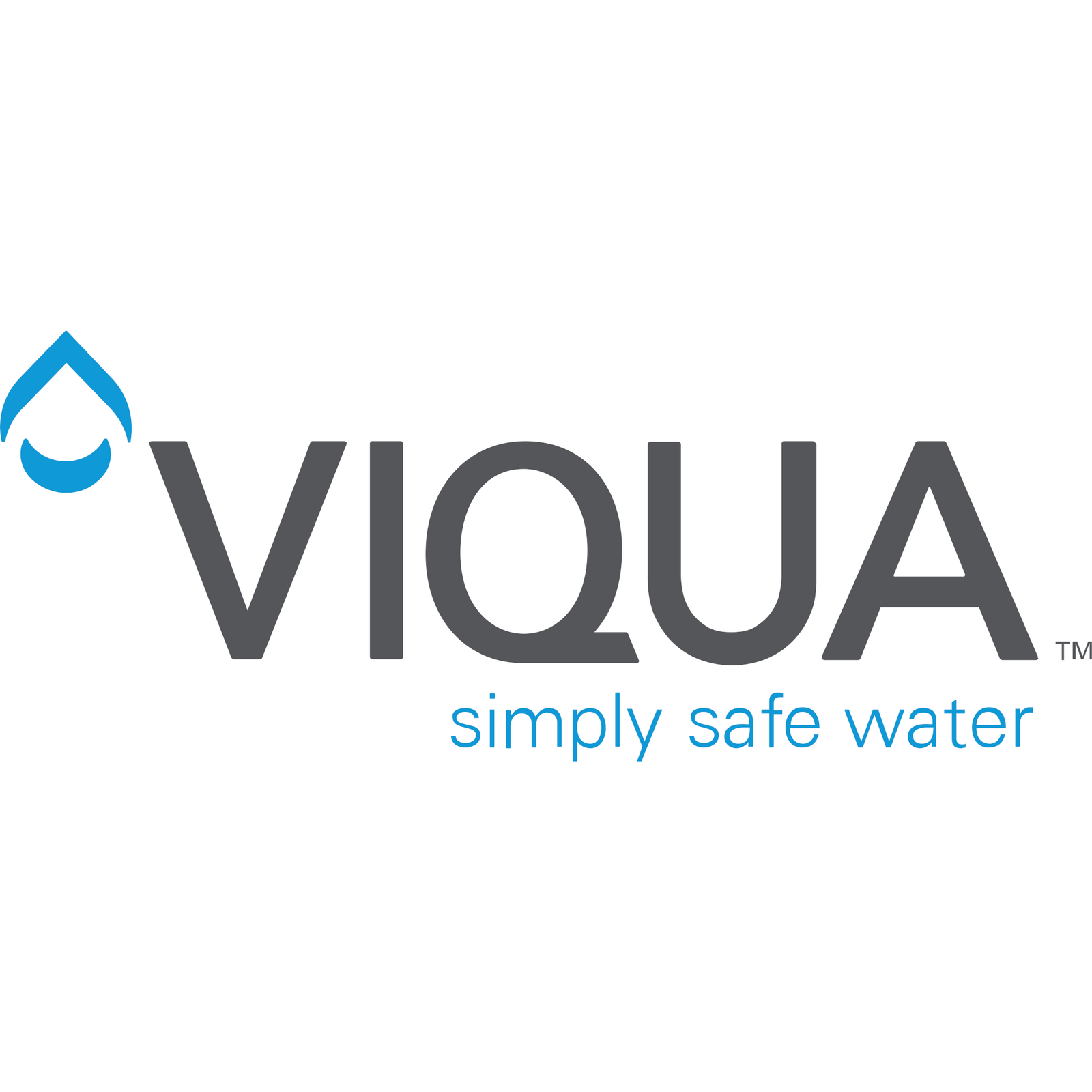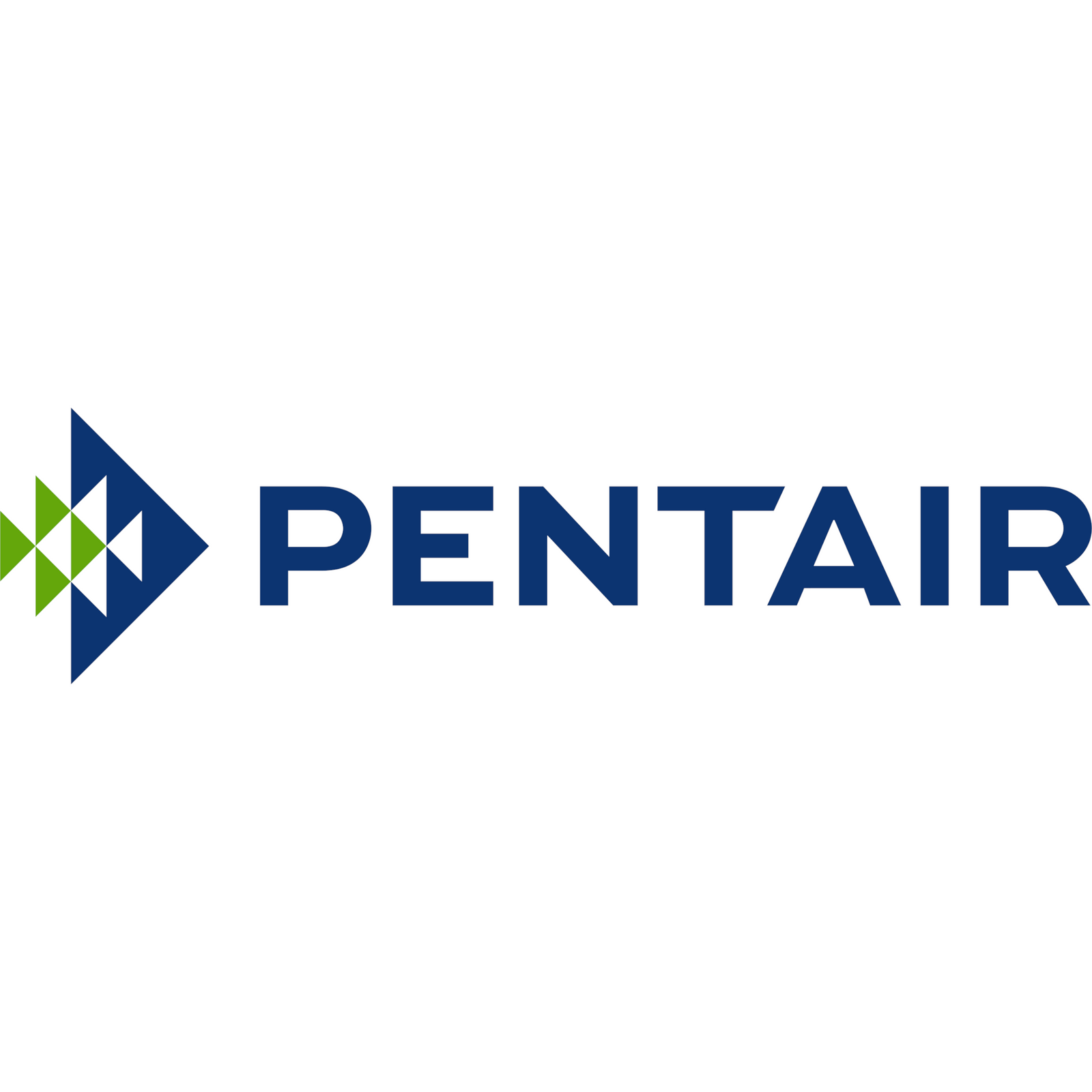
The Water Quality Research Foundation (WQRF), formerly The Water Quality Research Council (WQRC) was formed in 1949 to serve, on behalf of the Water Quality Association (WQA), as a universally recognized, independent research organization.
The Battelle Memorial Institute, is a non-profit international science and technology enterprise. They were retained by the Water Quality Research Foundation to develop and run the tests. Battelle engineers evaluated the energy and costs in heating water versus the savings with softened water. They also examined effects on washing machines, faucet fixtures, showerheads, and dishwashers using hard water versus softened water.
This study tested devices fed with softened and unsoftened water under controlled laboratory conditions designed to accelerate the waterside scaling in the device and quantify the performance efficiency.
For this study, Battelle tested 30 water heaters supplied by WQA over a 90-day period using a Battelle-developed and WQA-approved test protocol.
Also as a result of the data, Battelle developed a differential carbon footprint assessment for homes using unsoftened water vs. softened water.
The results:
Gas storage tank water heaters operated on hard water vs soft water:
Became 12% less efficient
Tankless Gas Water Heaters operated on hard vs softened water:
1) failed to function because of scale plugging after only 1.6 years.
2) became 30% more costly to operate
3) required significant deliming attention during the test.
Electric Water Heaters on hard vs softened water:
1) none of the heaters made it through the entire testing period, all became clogged with scale buildup, and were removed from the testing due to their inability to maintain sufficient flow.
2) The life of the heating element is shortened.
3) Their average rate of scale buildup was about 100 times greater on hard water.
Clothes Washing Machines on hard vs soft water
1) Stain removal performance increases dramatically when hardness is removed even when dose and temperature are also lowered.
2) Depending on the stain, hardness reduction was up to 100 times more effective at stain removal than increasing temperature or increasing detergent dose.
3) When water of any hardness is softened prior to its use in washing, the detergent use can be reduced by 50% and the washing can be carried out in 60ºF cold water instead of 100ºF hot water and achieve the same or better stain removal yielding cleaner, whiter clothes.
Dishwashers on hard vs soft water.
1) Detergent savings up to 70% was observed for dishwashing with soft water.
2) Hardness reduction was found to be up to 12 times more effective at soil removal than increasing detergent dose.
3) Hardness reduction was ~6 times more effective at reducing spotting
4) Hardness reduction was twice as effective at reducing filming as increasing detergent usage.
5) Air drying to save electrical energy works best with soft water.
6) Dishwashers on unsoftened water had noticeable scale buildup.






